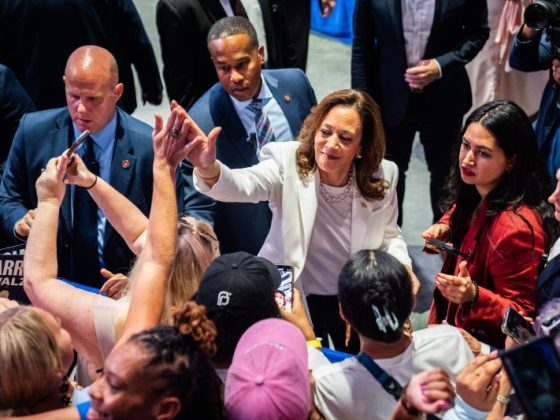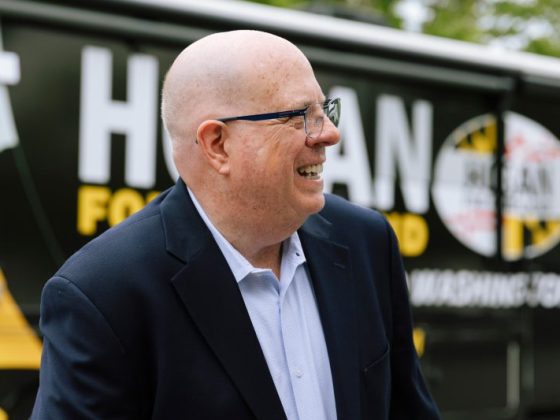The well-established nexus between Silicon Valley’s tech giants and Vice President Kamala Harris is an undeniable aspect of her illustrious political journey. This association was formed much before her ascendency to the second most powerful position in American politics when she was still district attorney of San Francisco and later as California’s attorney general. In both roles, she enjoyed significant financial and strategic support from Silicon Valley, an allyship firmly rooted in shared perspectives and mutual growth.
Now, as a part of the Biden administration, which has significant policy decisions to make in areas such as antitrust, privacy, and content moderation, the big question that looms over Harris is whether she will return the favor to Silicon Valley.
Throughout her career, Harris has been known for her pragmatic approach to Silicon Valley. She has fostered a cordial relationship with the tech industry, leveraging the innovation, wealth, and cosmopolitan image it provided. This connection is steeped in a shared belief in the efficacy of technological solutions, viewing technology as an indispensable tool towards tackling socio-economic issues.
This pragmatic approach was evident during her tenure as the California attorney general where she worked with tech companies to address issues like data privacy and identity theft. Harris navigated a fine line between regulator and ally while she addressed these challenges. For instance, she displayed her propensity to collaborate with the tech industry when she instigated the introduction of innovative tools to track transnational organized crime and human trafficking rings.
However, in the wake of growing public concern over tech firms’ monopolistic behaviors, data privacy issues and the rampant spread of misinformation on social media platforms, there is an increasing need for stringent regulations. This places Harris in a unique and challenging position as she may potentially have to clash heads with an industry that once backed her.
Speculation abounds as to how Harris will manage the delicate relationship with Silicon Valley. On one hand, her history suggests she may lean towards an approach of cooperation, leveraging the ingenuity of the tech industry to assist with policy objectives. On the other hand, pressure to curtail the industry’s excesses may lead her to pursue a more combative stance.
There are indications that Harris may indeed play a more strict role when it comes to regulation. Her track record, as demonstrated by her creation of California’s Privacy Enforcement and Protection Unit and successful push for legislation to protect victims of revenge porn, shows that she is not shy about taking tech companies to task.
Ultimately, while Harris’s political ties to Silicon Valley are strong, her responsibility as Vice President to protect the interests of American citizens is stronger. Whether she will favor the tech industry on key policy decisions is still an unfolding narrative, but if her past is any indication, she won’t shy away from holding the tech industry accountable. It’s a balancing act that she has mastered over the decades and underlines the complexity and intricacies of the relationship between politics and technology in today’s connected world.











